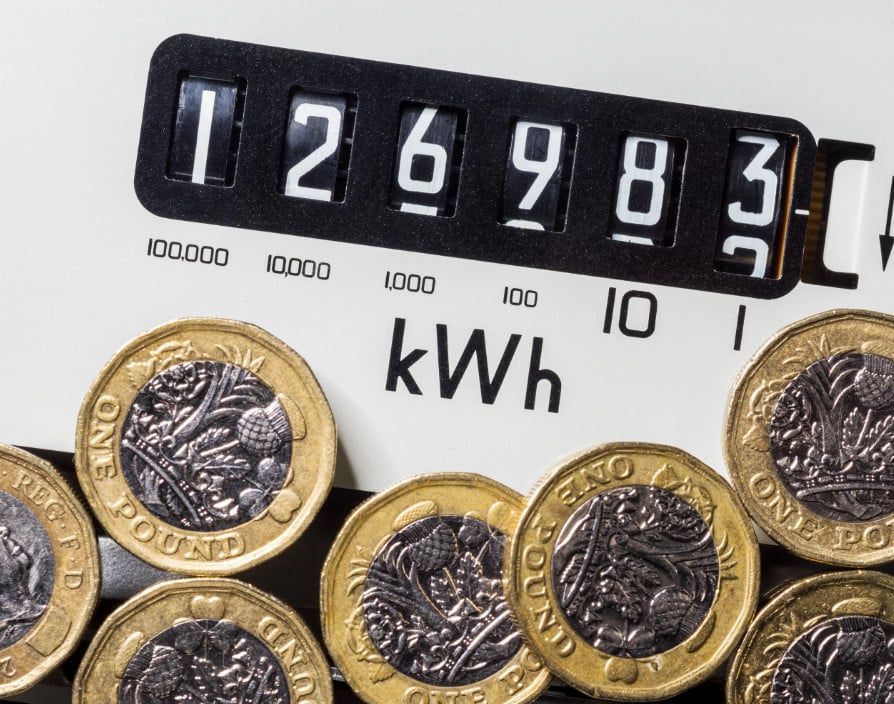Just as the UK appeared to be emerging from a catastrophic two-years of uncertainty due to the pandemic, small businesses are now being bombarded with new challenges. Inflation and an energy crisis, workforce shortages and disruption to international trade are all converging on small businesses stunting growth and pushing them to survival mode. According to research conducted by Moblox and YouGov, 40% of small businesses say recent problems with recruitment, bureaucracy, taxes and supply chains make them concerned about their future. The picture is bleak, but I’ve always maintained that small businesses are critical to the UK’s economic health and without their prosperity, the road out of this pandemic is going to be difficult and so they must be supported.
One of the biggest challenges facing small businesses at the moment is the rising cost of energy. The invasion of Ukraine and the sanctions imposed on Russia are expected to result in yet still higher energy costs. Small businesses are being squeezed from both sides as costs soar and sales languish. Businesses are resisting passing on rising costs to customers to avoid stifling future sales. This means that margins are being squeezed and the net result is lower profit, income or dividends. While at the same time, employees are facing the same rising costs and looking for higher wages to pay the bills. Small businesses don’t have the financial buffers of large firms and rising costs are going to suffocate them if they don’t take action.
The current energy crisis brings up the wider issue in this country of where we get our energy from, both in terms of geography and extraction. In Britain, we rely on other countries for half of our natural gas which leaves prices at the whim of international politics, as we are seeing with the current situation with Russia. Whilst recent breakthroughs in nuclear fusion show hopeful signs of a cheap energy future, the vast majority of our energy still comes from the burning of fossil fuels and will for some time. We need to start asking ourselves what costs are going to look like in the future if we don’t transform our energy consumption. Renewables may have to be supported by a nuclear base load to ensure energy security. From a small business’ perspective, stability is crucial to enabling financial planning and facilitating growth and so more stable and sustainable energy solutions are in everyone’s interest.
Whilst small businesses want to do the right thing and are a vital part of a sustainable future, most are simply trying to survive at the moment. According to our survey, 77% of small business owners said growth and recovery from the pandemic is a concern ahead of other priorities and only 40% were willing to commit to net zero by 2050. SMEs are being disempowered and trying to keep the wolf from the door.
However, if given the chance to grow and thrive, small businesses can be an important piece of the climate change solution puzzle, especially given that they generate 50% of GDP and represent 60% of private sector employment. As innovators and solution-seekers, SMEs can act as testbeds for green initiatives as well as providing local services to reduce the travel footprint of goods and services. Furthermore, acting in a more environmentally friendly way is good to demonstrate to environmentally conscious consumers seeking more eco-friendly options.
Currently, the situation is so dire for small businesses that it is taking a serious toll on the mental health of business owners and their teams. Of the small businesses we surveyed, 60% said that the pandemic had negatively affected their mental health and 40% said the same of the impact of Brexit. This level of pressure on small businesses leaves many little breathing space to reflect on the environmental impact of their firms as stresses focus the attention on survival. Yet, technology solutions may be able to kill two birds with one stone.
I’m a big believer in the power of technology to help small businesses. Investing in tech can streamline your processes, create greater overall efficiencies and cut out unnecessary administrative tasks to free up time to focus on the really important aspects. However, during the pandemic only one-third of small businesses invested in new tech and digital tools such as video calling apps, accountancy software, HR platforms or better communications. Of those that did, 43% said the new technology saved them time and 40% said it improved productivity showing that small businesses could really benefit from pairing with the right tools. Investing in tech such as smart metres and programmable thermostats can also help you stay on top of your energy usage and look at where to cut down making your business as efficient as possible.
The current energy crisis Is just one of many challenges hitting UK small businesses at the moment and for many the path ahead is unclear. The good news is that tech is here to help. I truly believe that every small business can benefit from the efficiencies that tech can provide which can not only save your business money but also minimise your business’ carbon footprint. It is vital to the recovery of the nation that small businesses stay afloat during these hard times and are enabled to thrive in the future.
“
Share via:








































